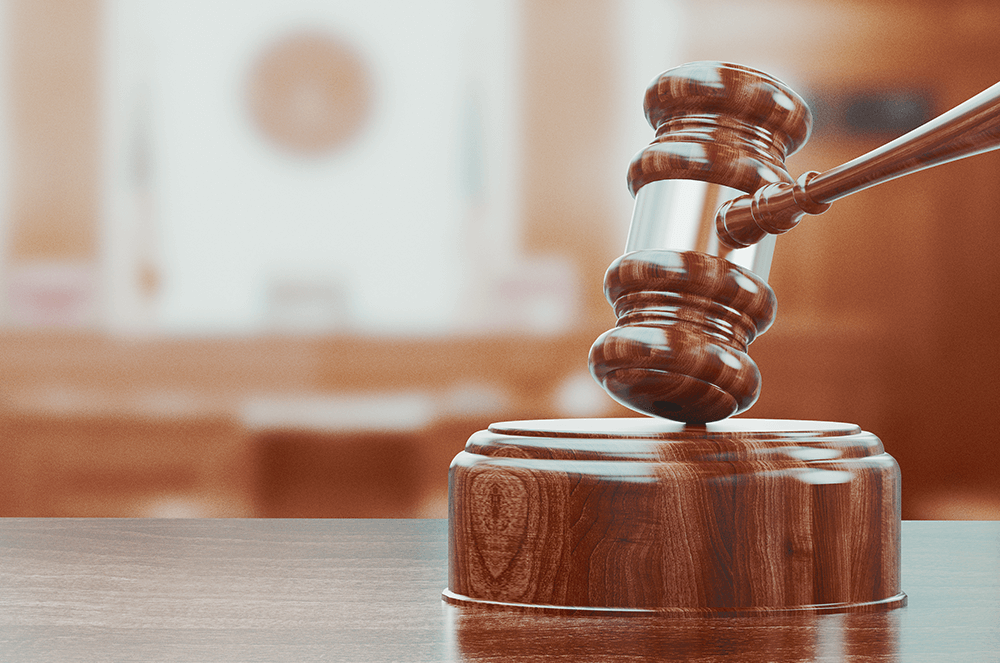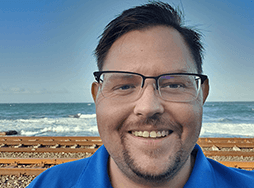
As I waited nervously outside a courtroom in Boston, Massachusetts, in June 2024, I knew practicing my speaking skills in my Toastmasters club had prepared me to step outside of my comfort zone in a big way.
I had been called as an expert witness in a case brought by my client, the Attorney General’s Office of Massachusetts, against Uber and Lyft. My role was to help unpack the brand semiotics of the two companies, specifically dissecting their advertisements. Semiotics is the study of signs and meaning, dedicated to predicting the most likely interpretations of brand communication. In this case, how the businesses were classified would have an impact on how drivers should be compensated. Ultimately, the case settled in favor of my client and the drivers gained health benefits and an increased hourly pay rate.
Being an expert witness was a test of my speaking skills. While the bulk of my time was spent writing reports, my value to the client hinged on my performance on the stand.
Before testifying, I needed to establish credibility with the judge to be officially declared an expert in my field. This involved a direct examination requiring me to convey my authority in terms of qualifications, credentials, and command of the subject matter. Stage presence was vital and the poise, vocal variety, and use of gestures, eye contact, and pauses I gained through delivering Toastmasters speeches helped immensely.
Once determined to be a credible witness, I faced another challenge for my Toastmasters skills: deposition. During deposition, the opposing counsel questioned me, and my side didn’t get to ask any questions. I was recorded on camera and a court stenographer logged my every word. Anything I have ever said on video or in writing could be dredged up to trip me up.
Of course, as an expert witness, I was not on trial. I was there to help the court. However, any question asked by the opposition during the case could either be perfectly innocent or bait laid to entrap. I had to be aware if a question contained a false assumption or tempted me to stray outside my area of expertise. This slip could be used to erode my legitimacy.
If Toastmasters is a gym for public speaking, my training was good enough to withstand the pressure of the courtroom.
At trial, it’s vital to maintain discipline and be consistent. The opposition quizzes each witness on their report and we are expected to know it back to front. However, there can be curveballs—an exhibit might be brought up as evidence to rebut a previous point.
Each question is also an opportunity to impress. I could pause as long as I liked, repeat the question, or talk my way into an answer to buy time to think, all leading to smoother and more convincing testimony. I learned all of these strategies through Table Topics, which prepared me to expect the unexpected and to react in the moment. I had no reason to panic during my testimony when I was in Table Topics mode.
Knowing how to improvise also meant that I could be proactive and go on the offensive too. When I was asked about branding in the deposition, I grabbed the branded mug of the corporate law firm whose offices we were in and deconstructed the logo to show how brand image conveys product claims. This made my point while preventing the topic from becoming unduly complex.
If Toastmasters is a gym for public speaking, then having participated in hundreds of Table Topics, conducted countless evaluations, and delivered 50 speeches meant my training was good enough to withstand the pressure of the courtroom. After the trial, my client said that of the six expert witnesses, I was the most impressive on the stand. A British accent in the United States doesn’t hurt either.
I would not have volunteered for this job had I not been a Toastmaster. I am grateful for this extraordinary opportunity. Being grilled under oath in a justice system tested my Toastmasters skills and took them to the next level.



 Previous
Previous

 Previous Article
Previous Article

